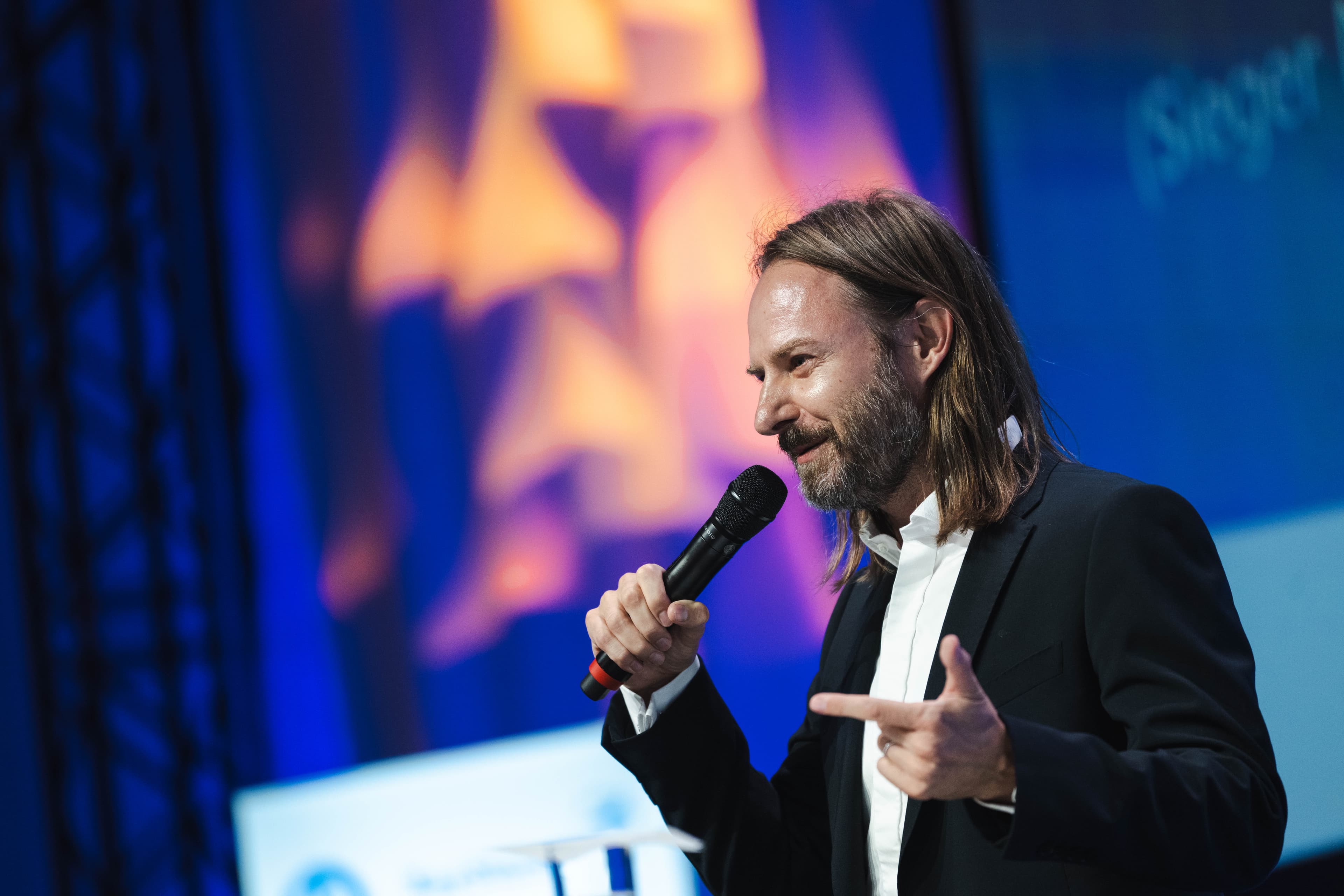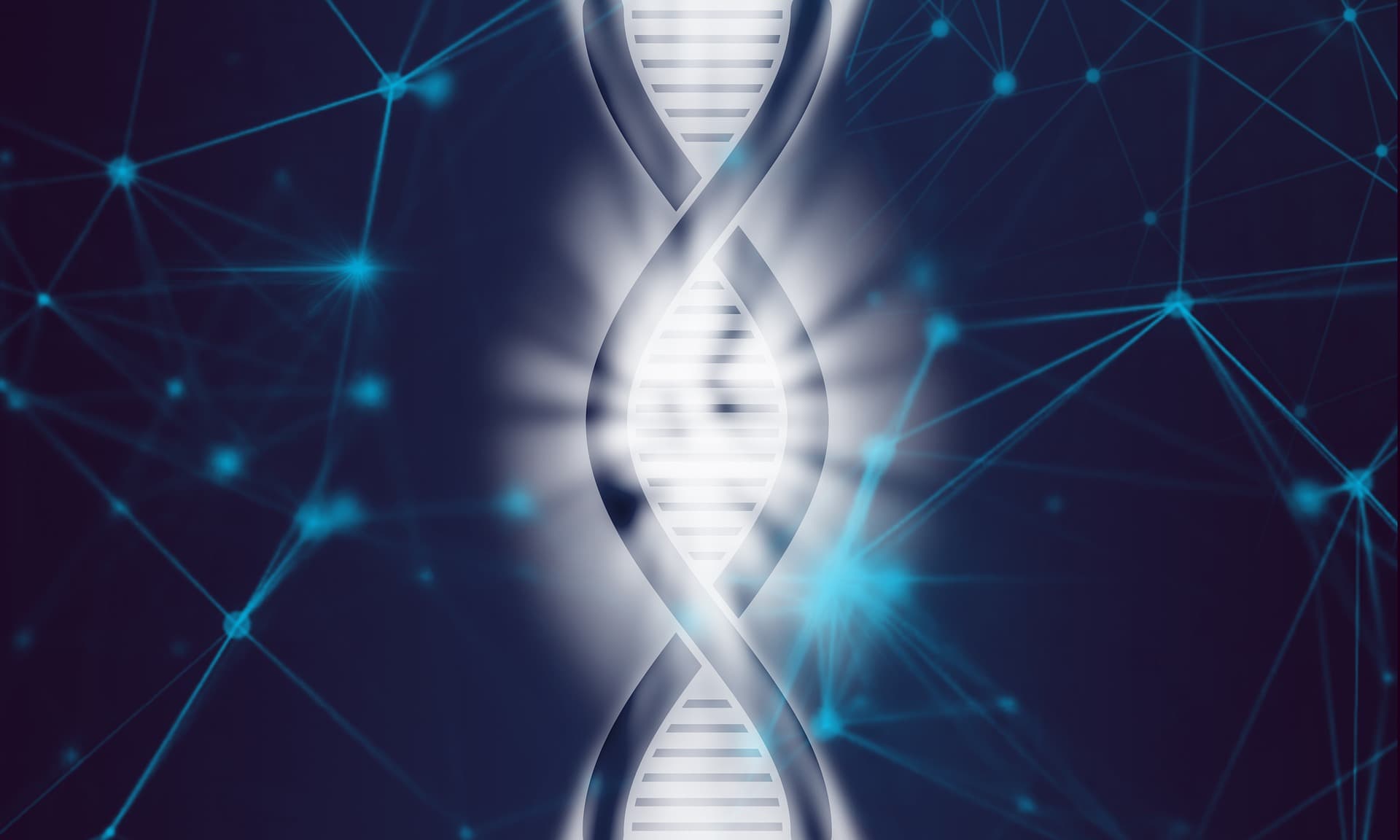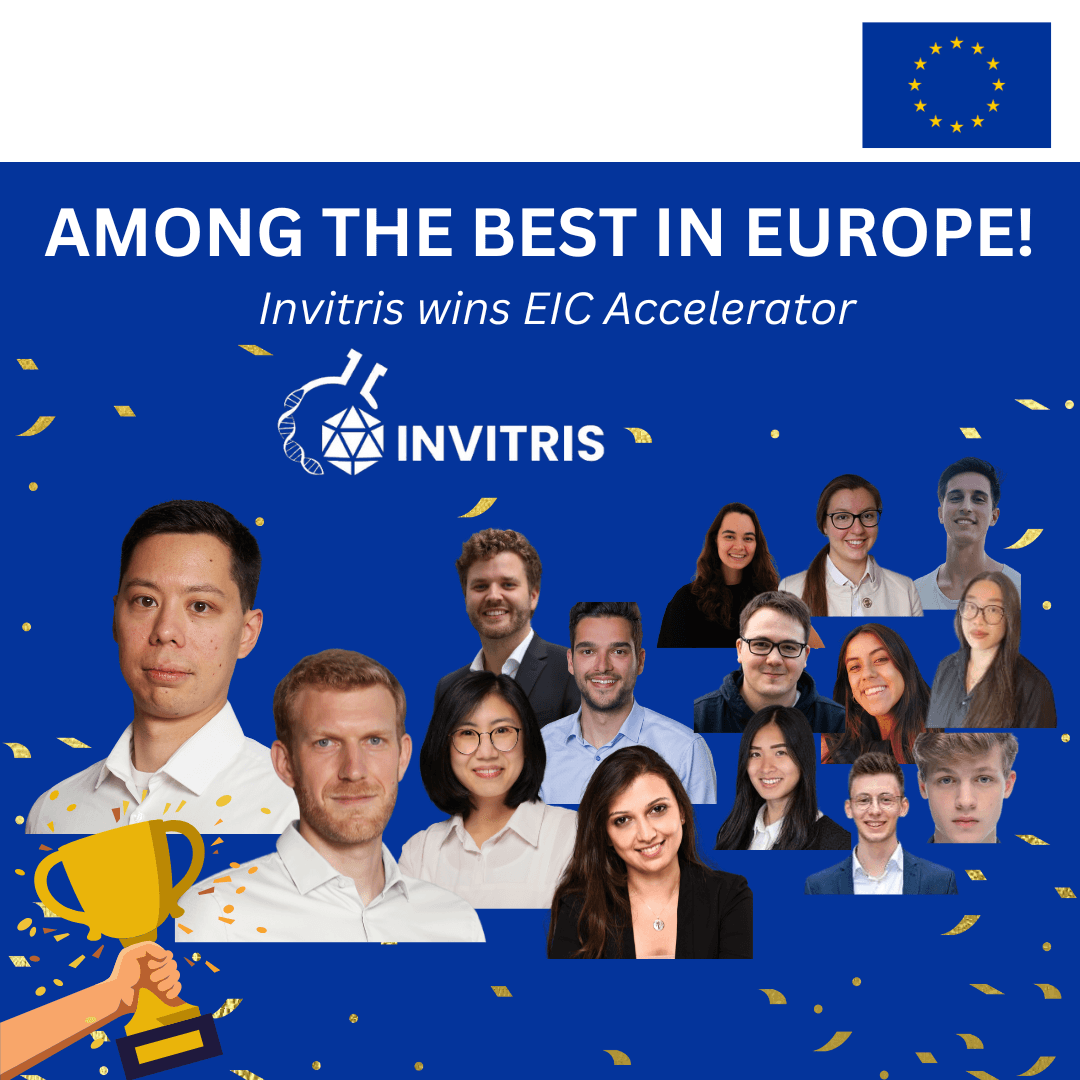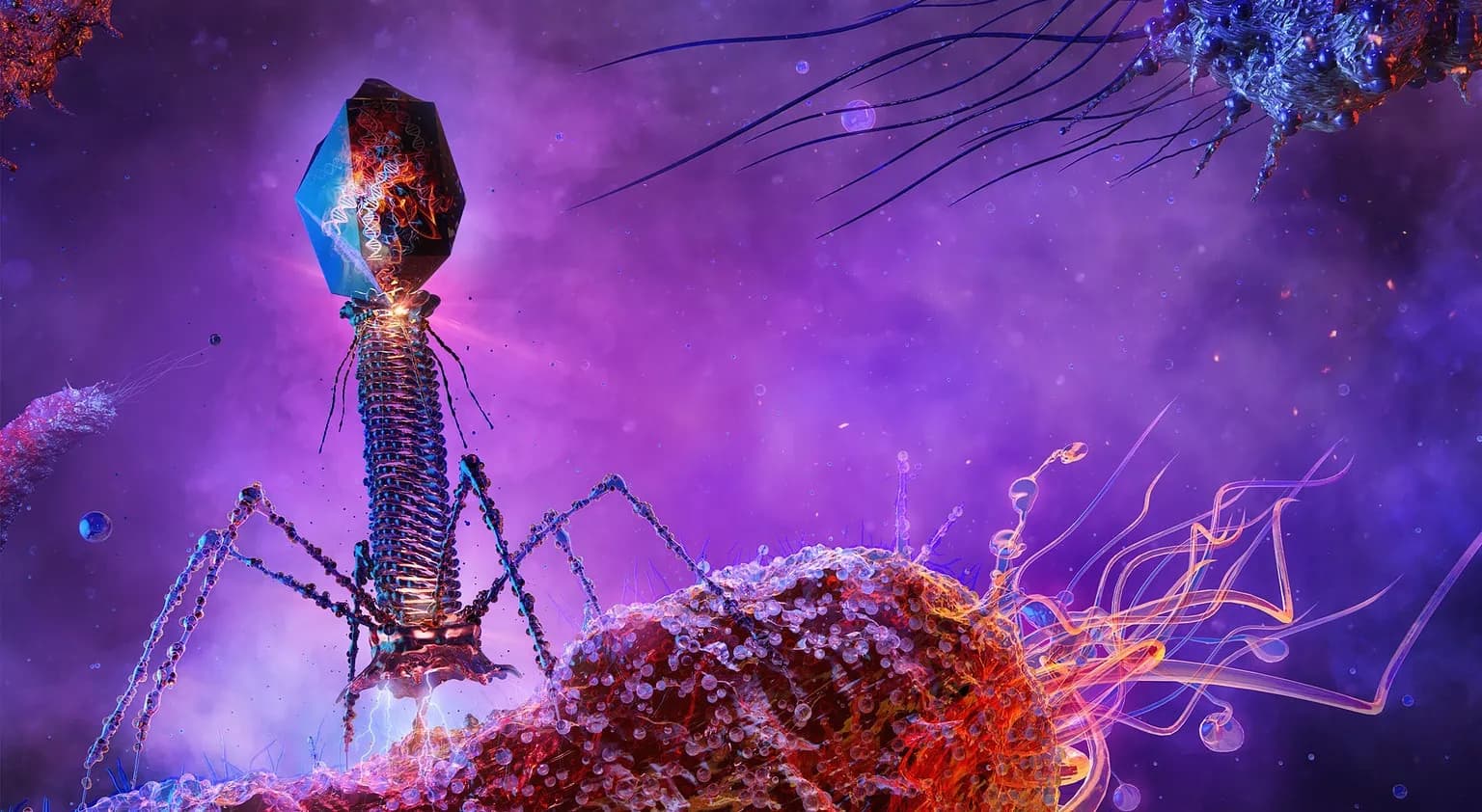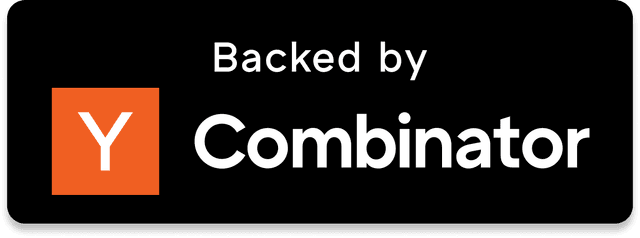
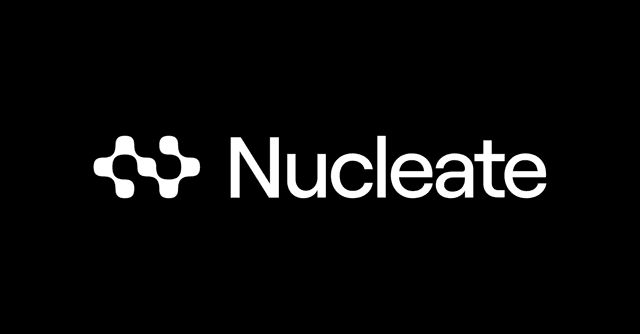
Invitris: The cell free company
We are redefining the future of biotechnology with cell-free protein synthesis. Our universal platform enables rapid design, expression, and scalable production of even the most complex proteins and unlocking breakthroughs beyond the limits of cell-based systems.
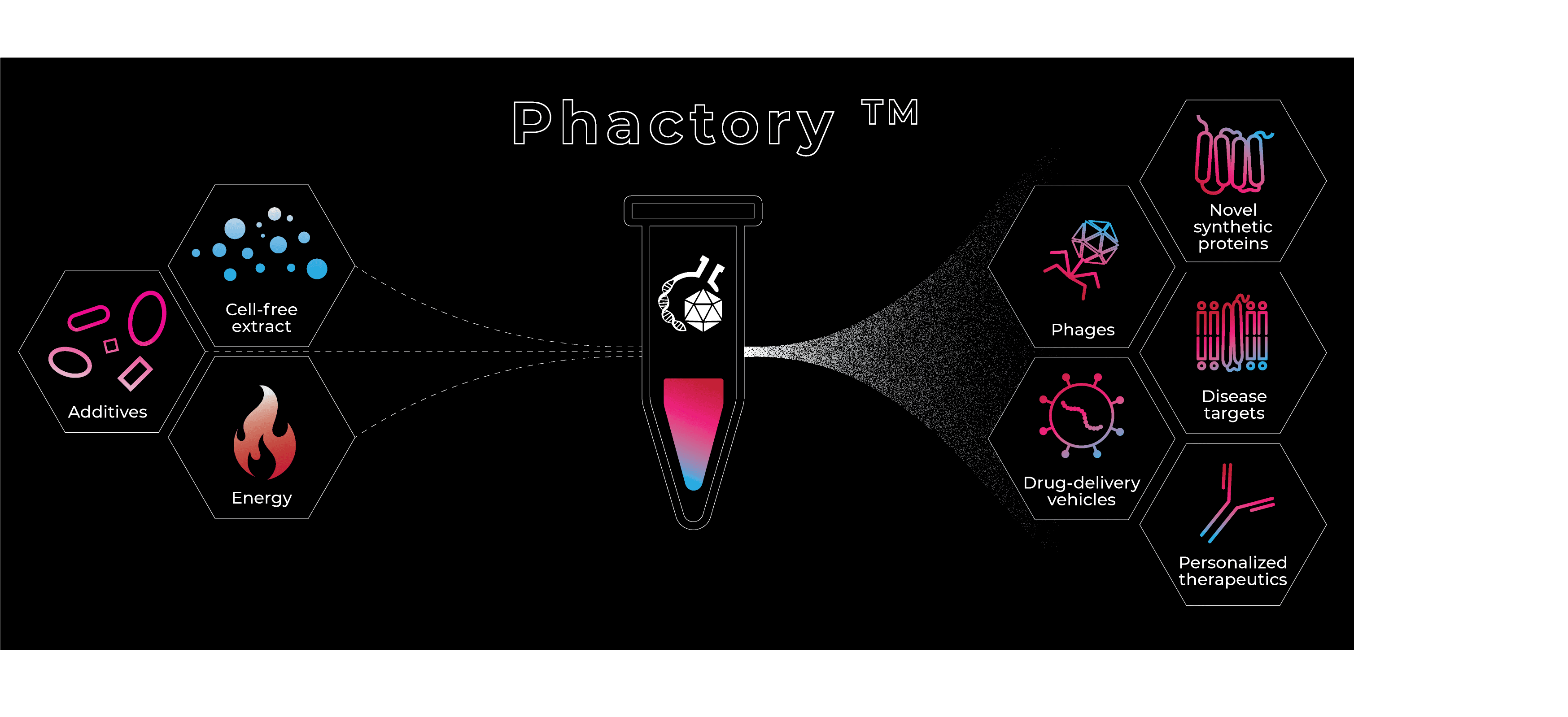
Prokaryotic Cell-Free Expression System
- High-yield protein expression with streamlined purification using Phactory™ reagents
- Optimized for microbial proteins including enzymes, phages, endolysins, tailocins, and binders
- Supports E. coli codon-optimized DNA with T7 promoters for consistent, scalable results
Mammalian Cell-Free Expression System
- Enables production of complex proteins with post-translational modifications like glycosylation and disulfide bonds
- Bypasses complex transfection protocols for faster workflows
- Delivers scalable, high-yield expression of difficult-to-express proteins
Our Solutions
We partner across life sciences to tackle challenges and enable innovation in research and development
Cell-free protein synthesis
Leverage advanced cell-free systems for rapid, flexible protein production
Ultra high-throughput
Harness microfluidics to screen up to 1,000 proteins per second
Rapid protein engineering (Sequence to structure)
Integrate computational design with high-throughput screening
Translational protein production
Seamlessly scale from picoliter reactions to liter-scale
Advancing innovation across sectors
Our technologies adapt to diverse industry needs, driving innovation from research to real-world application
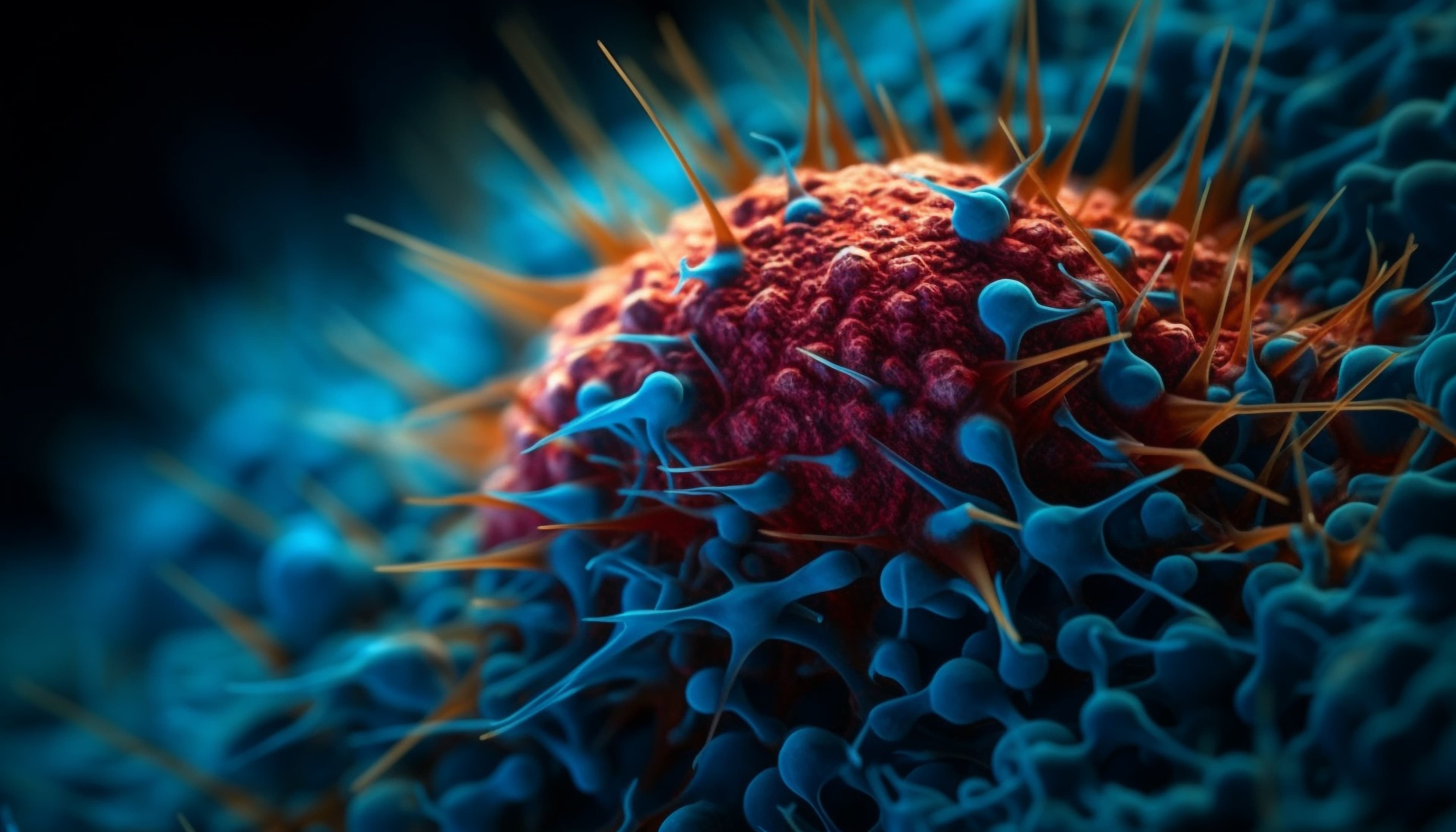
Biopharmaceuticals
Accelerating drug discovery and therapeutic development
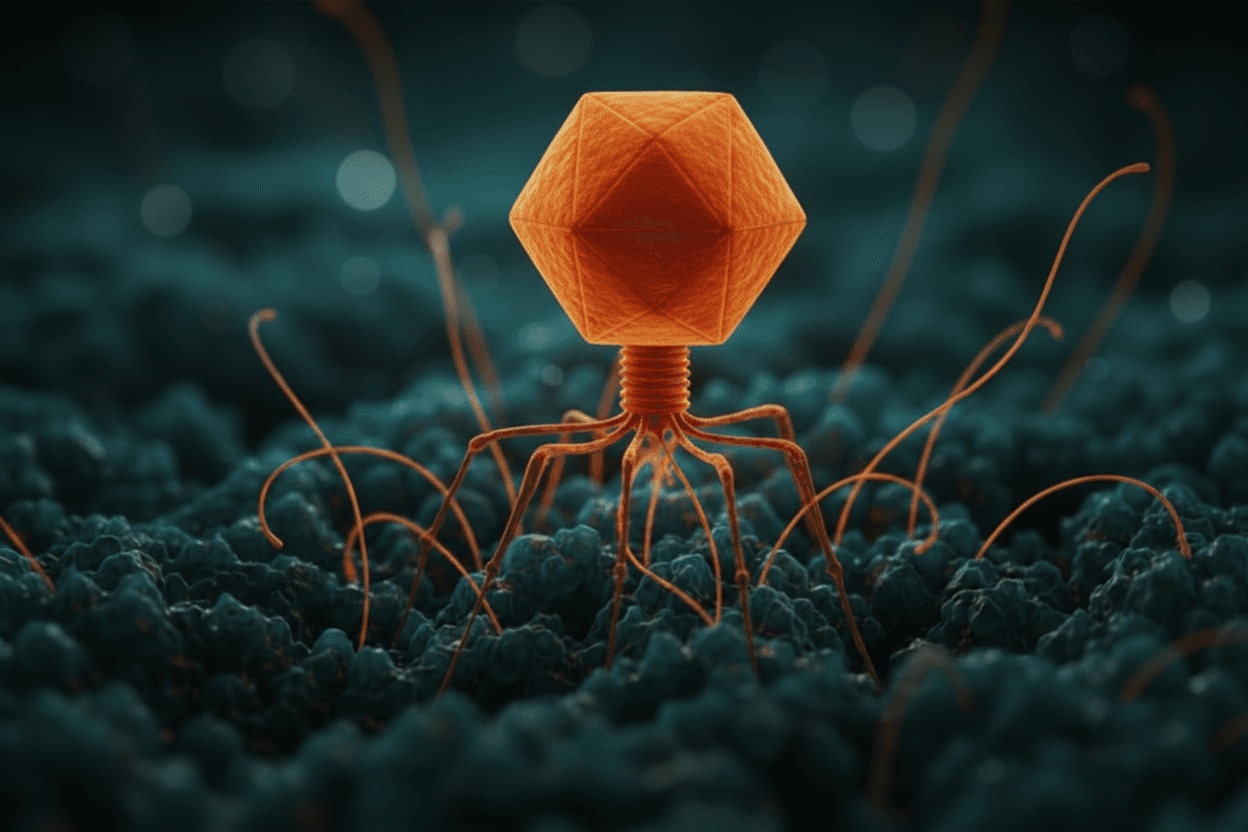
AMR and Phage production
Targeted phage engineering to combat AMR
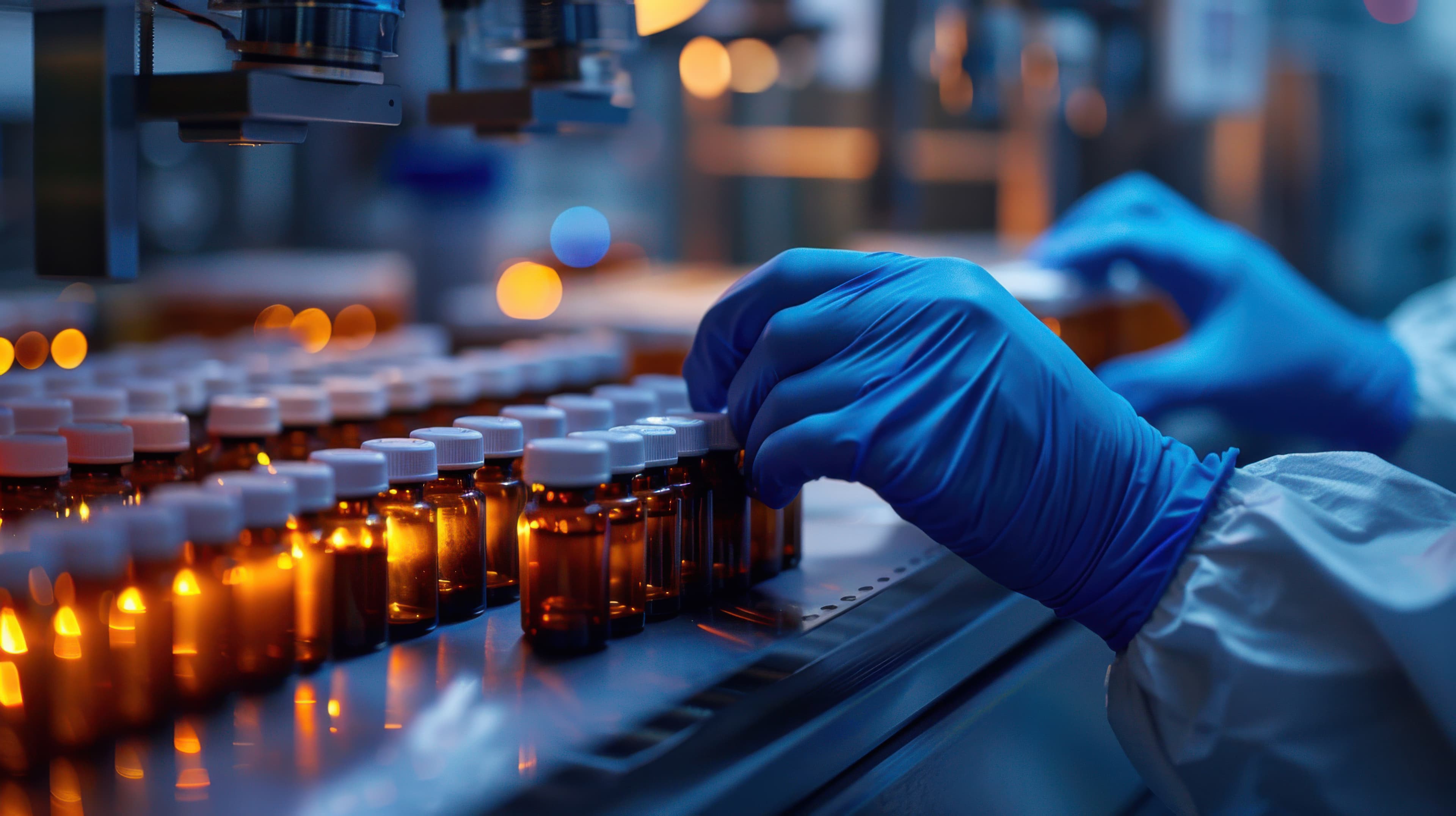
Industrial Biotechnology
Enabling efficient solutions for enzyme production

Agriculture
Innovative solutions for sustainable agriculture
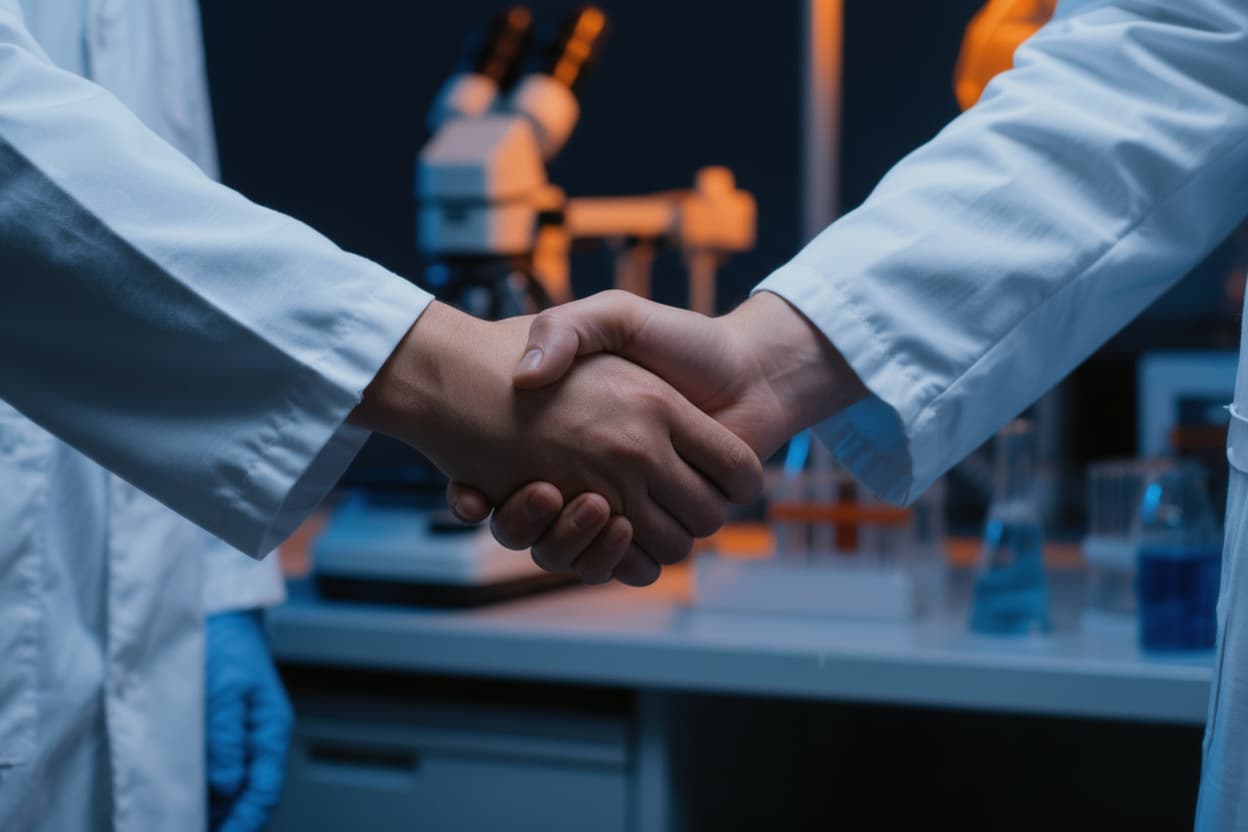
Co-development & Licensing
Accelerate discovery with joint research, co-development, and flexible licensing to turn ideas into market-ready solutions.
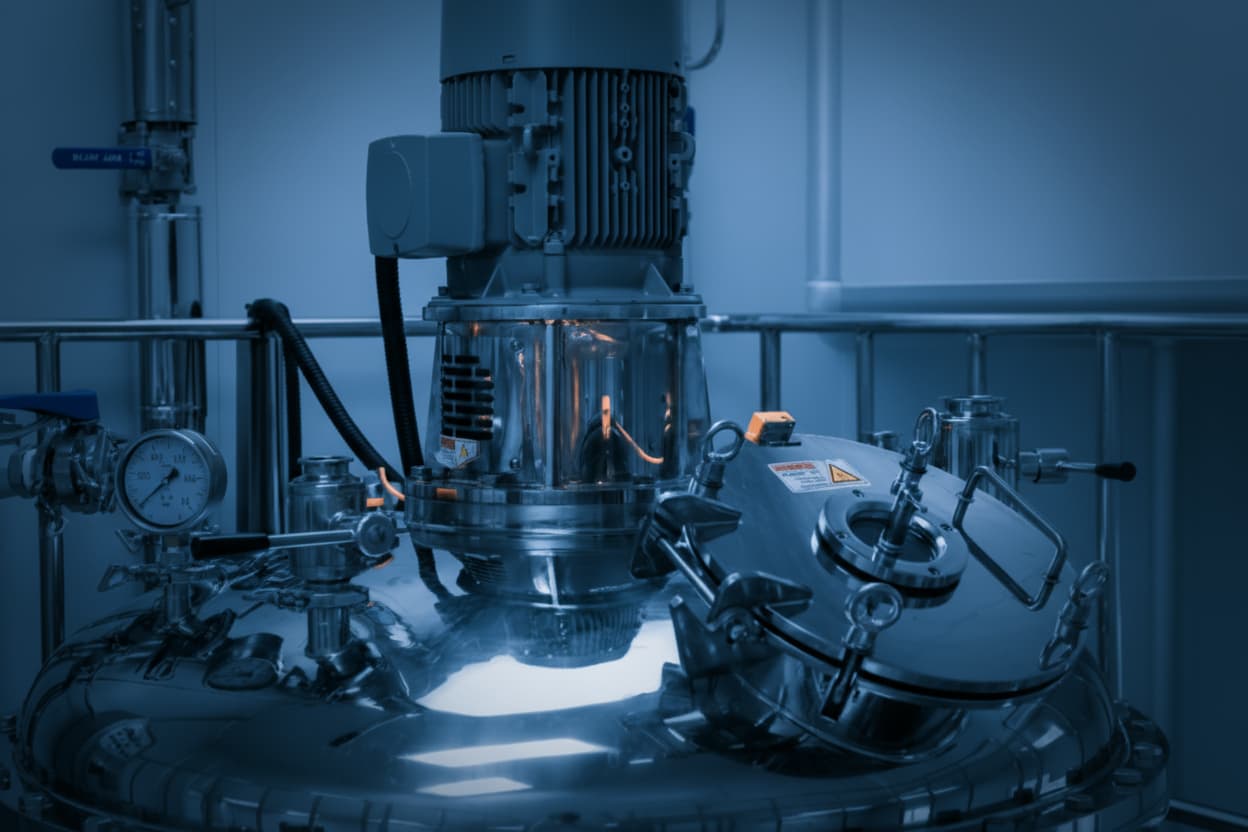
Scalable Biotech Production
Scale seamlessly from cell-free validation to GMP manufacturing with advanced, reliable, and efficient production technologies.
Read the latest
from Invitris
Contact Us
Ready to explore how our biotechnology solutions can advance your projects? Let's discuss your needs and discover the possibilities together.
